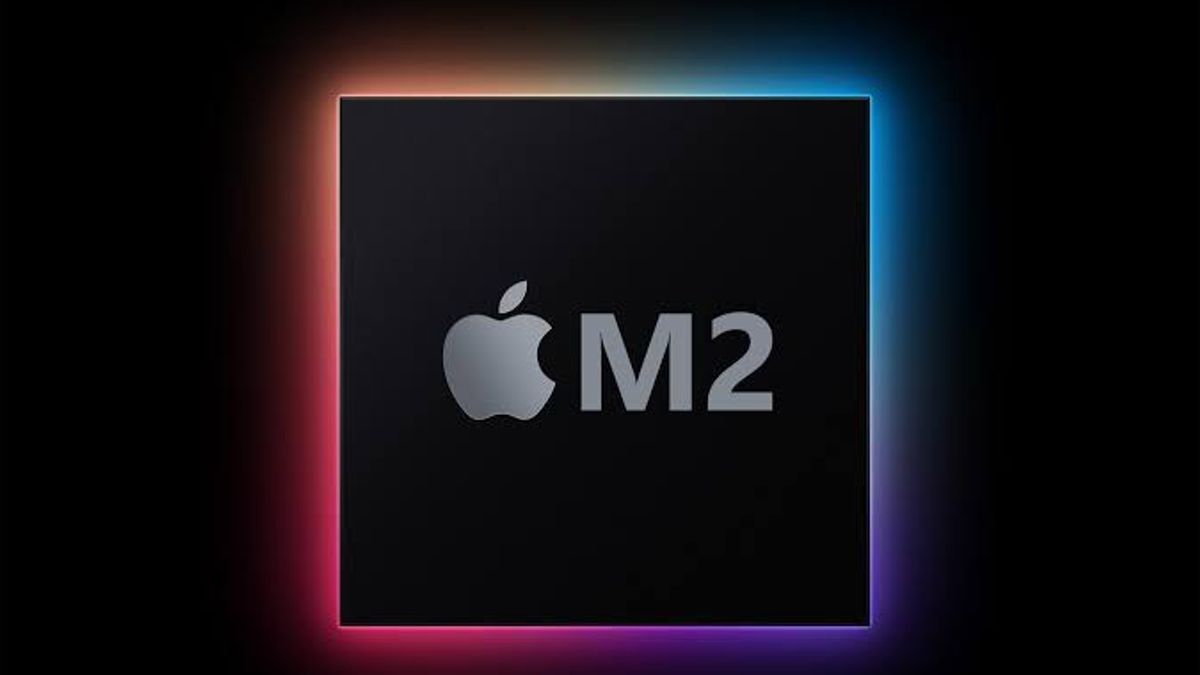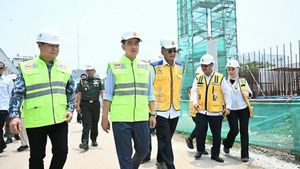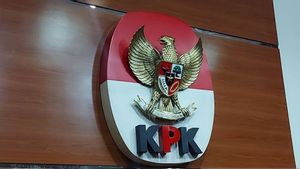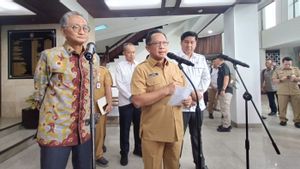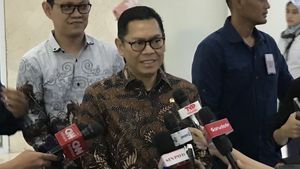JAKARTA - Apple doesn't seem to want to be left behind with other chipset manufacturers. The company is not content to have only three chipsets from its Apple Silicon family, and is now planning to keep updating them.
Apple's latest ambition is to introduce a special chipset every 18 months. Recent reports say the company is looking to expand its reach even further with the launch of the M2.
The new M2 System on Chip (SoC) will use a 4 nm process, with the direct successor using TSMC's N3 architecture, citing a report obtained by MacRumors.
The M1 chip was launched back in 2020, and shortly after, another lineup appeared called the M1 Pro and M1 Max. Both have increased CPU cores, and GPU core count, but these are not considered direct successors of the M1.
Given the global semiconductor crisis, TSMC is unlikely to produce the 3nm chip in time for the iPhone 14. Instead, the M2 will fulfill that role by completing an 18-month upgrade cycle.
The upcoming SoC is codenamed Staten and will reportedly launch in the first half of 2022. Where the M1 chip is mass-produced on a 5nm process, the M2 will take advantage of TSMC's 4nm technology, bringing performance and power efficiency improvements. .
As for which product Apple intends to use for its M2, that is not discussed in the latest report. It's likely that the next MacBook Air, which has been reported on several occasions, will have a redesign, along with new display and color enhancements that will also feature an M2 chip.
The launch of the M2 chip in the early quarter of 2022 is in line with previous rumors, with separate reports suggesting that the MacBook Air will be powered by this chipset, as well as mass production in the third quarter of next year.
Although Apple's plan is good news, but the current conditions in which the ongoing shortage of chips will affect the supply next year, as well as the transition to mini-LED, but the MacBook Air featuring the new silicon will allow future customers to get more powerful portable machines. , also delivers outstanding performance such as battery life.
The English, Chinese, Japanese, Arabic, and French versions are automatically generated by the AI. So there may still be inaccuracies in translating, please always see Indonesian as our main language. (system supported by DigitalSiber.id)
